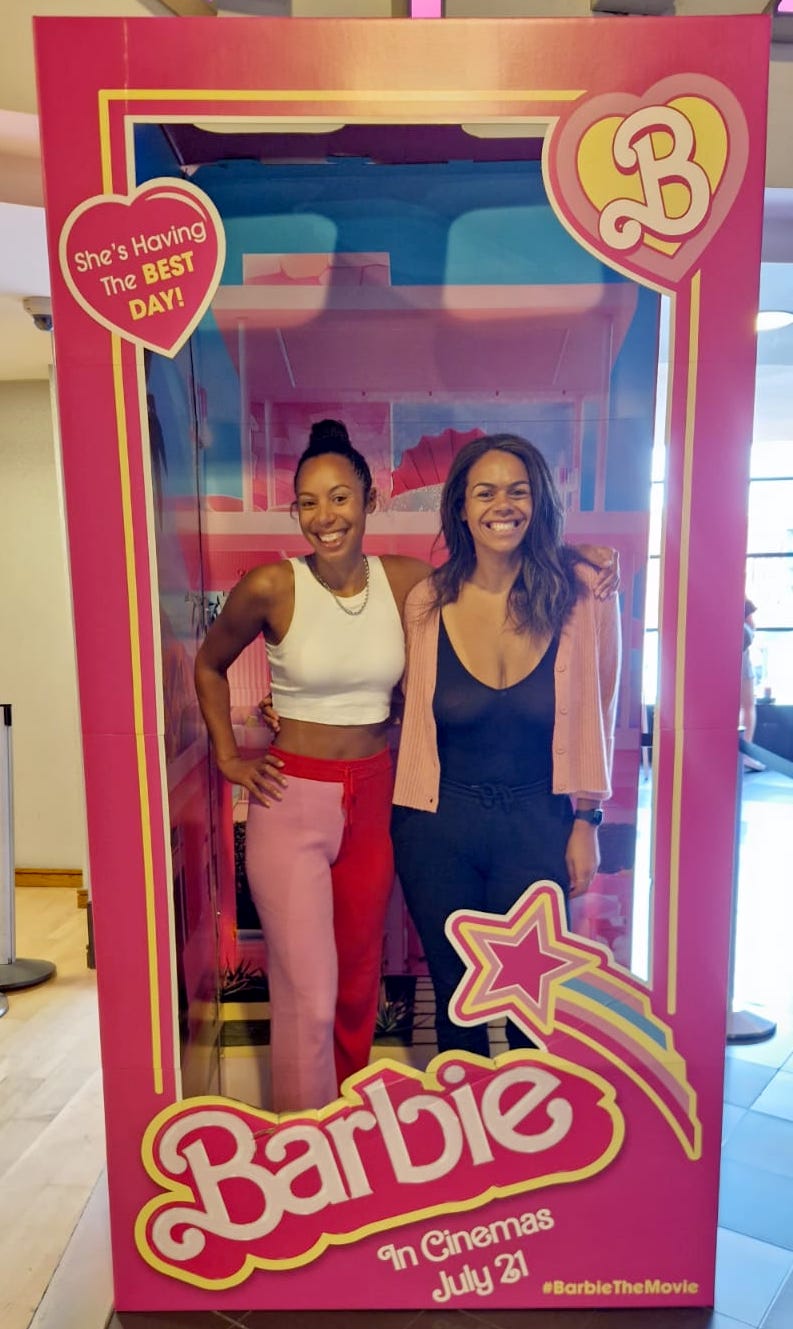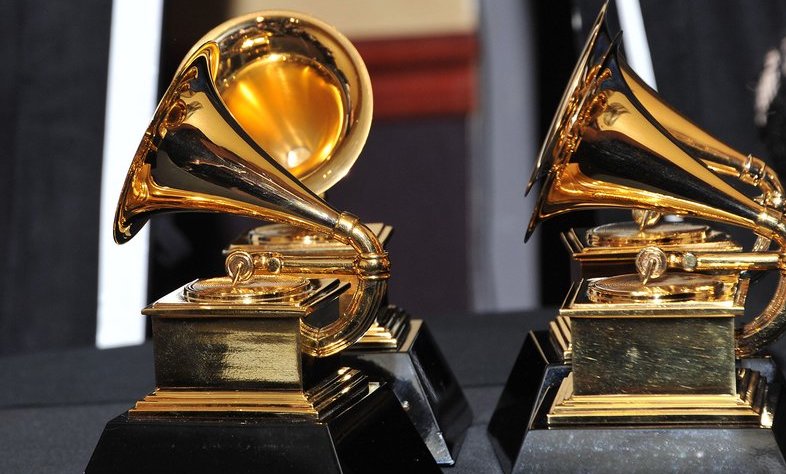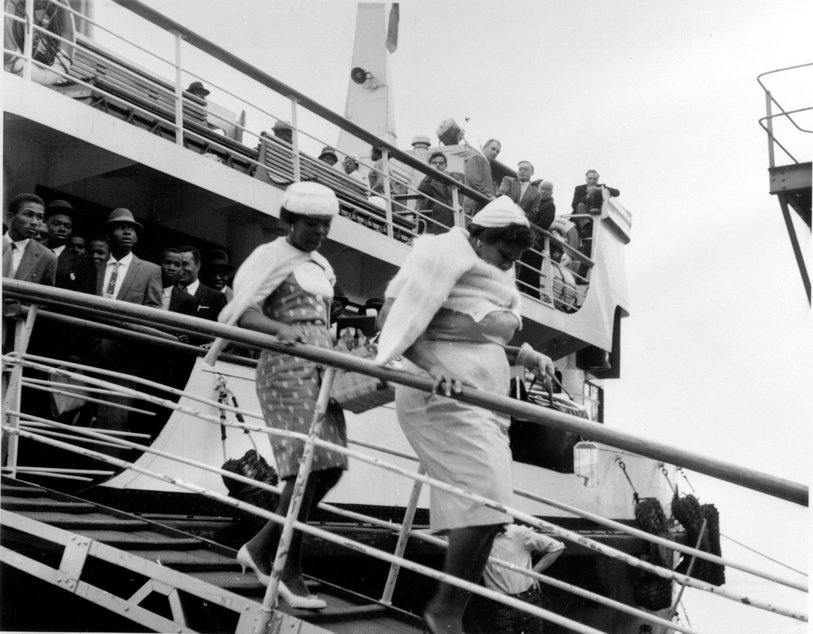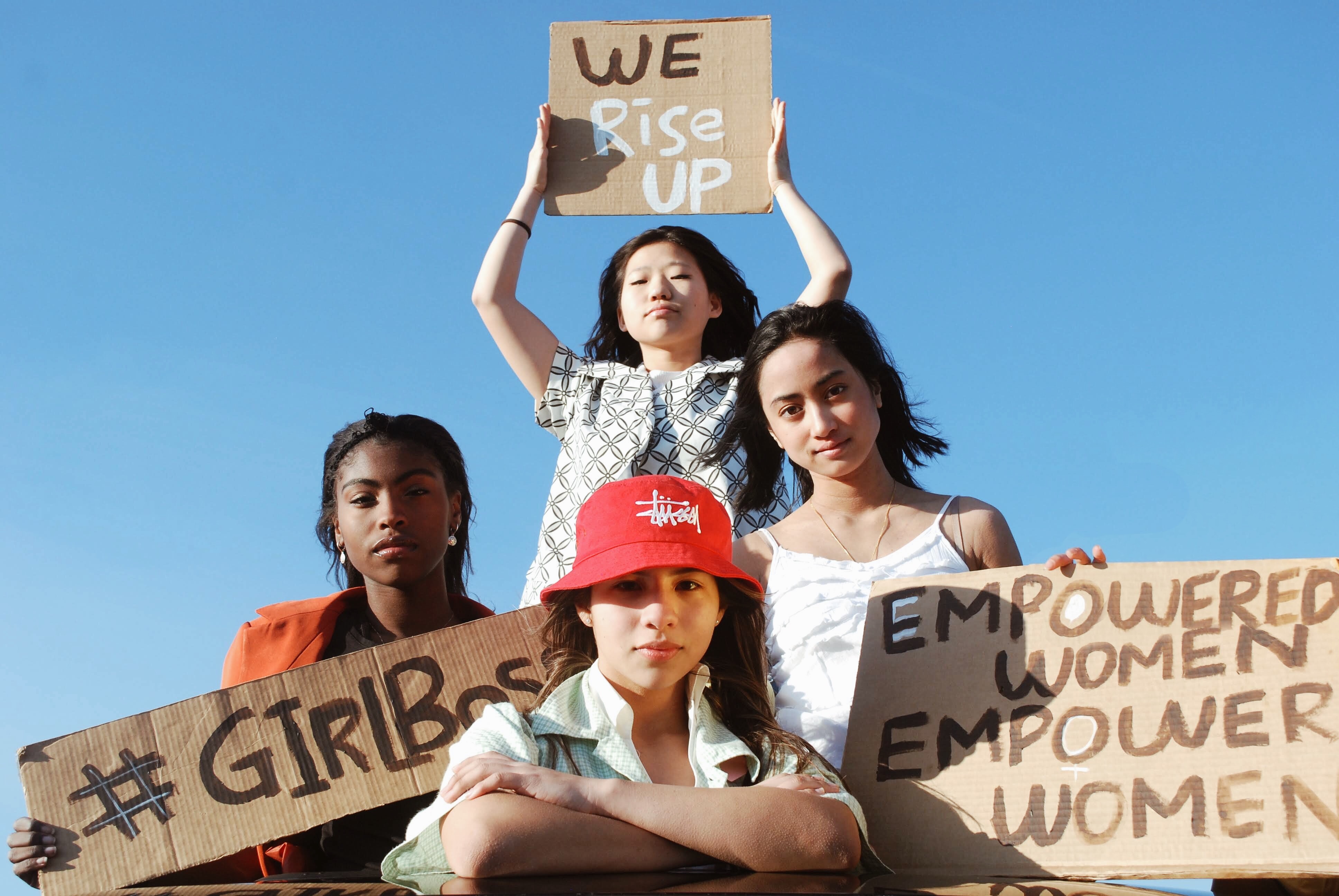A real Barbie for a real world
Greta Gerwig's latest box office smash doesn't provide a polemic on how to finally destabilise the scourge of misogyny once and for all. But that isn’t Barbie’s job.
I played with Barbies until I was too old to be playing with Barbies. I was a pre-teen, firmly in secondary school, mortified by literally everything. I would never have admitted it to my friends. They weren’t my dolls, they were my younger sister’s. But no matter how much I told myself I was playing for her benefit, simply carrying out big sister duties, the truth is I still loved our games. I needed them. As the world around me expanded at a relentless pace, thrusting me towards adulthood, we could shut the bedroom door and disappear into our perfect, private, pink reality where we could still control everything. It was a haven I wanted to cling on to.
I was reminded of this feeling watching the new Barbie movie. 120 minutes of escapism that sucks you into its riotous, hilarious, imperfect narrative that features so many hallmarks of the stories my sister and I created as children - journeys between worlds, secret portals, car chases, dramatic escapes and, of course, flirting with boys at the beach.
We also watch Barbie learn what it means to be a real woman, navigating overt sexual harassment and the vague sense of being looked at with “a strong undertone of violence”, she learns how to cry and that it can feel “achey but good”, she struggles with her self-esteem and body image; she gives up frequently and worries that she isn’t good enough at anything; she has an existential crisis and is haunted by a crippling fear of dying.
As we watched, I heard the kind of knowing, wry laughter of an audience that finds themselves centred in a way they haven’t been before
Where modern criticisms of Barbie focus on her unrealism (the improbable body type, impossible proportions, and very narrow, Eurocentric beauty standards), this Barbie is a much more accurate representation of a real woman - or at least, how it can really feel to be a woman. She’s a bit of a mess, she can’t ever seem to get it right, and when things get too hard her immediate instinct is to lay face-down on the floor and cry. You can’t help but love her for it. We root for her because, for the first time, this Barbie is actually someone we - as adults - can relate to, rather than an unreachable symbol of perfection.
The star-studded cast dazzles with all the sparkle that the aggressive marketing campaign promised. But it is the nostalgia that is the real star of this movie. The attention to detail and deep Barbie-lore is completely delightful for anyone who knows their history. From the controversial discontinued Barbies (pregnant Midge and Skipper with breasts that inflate when you lift her arm), to the achingly familiar props (the iconic yellow roller skates and the ambulance that opens out to become a medical room), this is a world that fans know, understand, and have spent many hours lost within. To see it depicted with such care and accuracy feels like opening a secret doorway into the past.

"No matter how much I told myself I was playing for my little sister's benefit, the truth is I still loved our games."
The film is too long, and the story stutters in places. The narrative strand about the Kens taking over Barbieland with their off-the-shelf version of patriarchy - heavy on horses and pull-ups and “brewski beers” - is laboured and repetitive. The seminal monologue about feminism and the litany of struggles associated with being a woman feels basic and outdated. But a swift chop to get the run-time down to a tight 90-minutes would have solved this.
There are countless moments that make you feel like Greta Gerwig has joined your girls’ group chat and agrees with all the things that piss you off
I saw a Tweet that said Barbie is the Millennial woman’s Black Panther, and I know exactly what that means. It goes beyond showing up to the cinema decked head-to-toe in pink. As we watched, I heard the kind of knowing, wry laughter of an audience that finds themselves centred in a way they haven’t been before, I relished the in-jokes that only people who have played with Barbies could possibly understand. There were many moments that gave me the same warm rush of acknowledgement and acceptance (I guess you could call it ‘feeling seen’) that I felt when I first entered the world of Wakanda.
From the reference to ‘Depression Barbie’ who watches the BBC’s Pride and Prejudice on repeat, to the finance bro who admits to Ken that the real world is still very good at patriarchy but they just “hide it better”, there are countless moments that make you feel like Greta Gerwig has joined your girls’ group chat and agrees with all the things that piss you off.
I don’t mind that the central messaging around feminism feels a bit Tumblr circa 2012. I don’t mind that this movie isn’t providing a polemic on how to finally destabilise and undermine the scourge of misogyny once and for all. That isn’t Barbie’s job. When she’s not being an astronaut or a journalist or a Supreme Court judge, Barbie’s job has always been to take you out of your world, to shelter you from reality and let you hide within the safety of childhood for as long as you can. Gerwig has managed to capture a slice of this feeling for adults to enjoy and remember.
The Lead is now on Substack.
Become a Member, and get our most groundbreaking content first. Become a Founder, and join the newsroom’s internal conversation - meet the writers, the editors and more.





